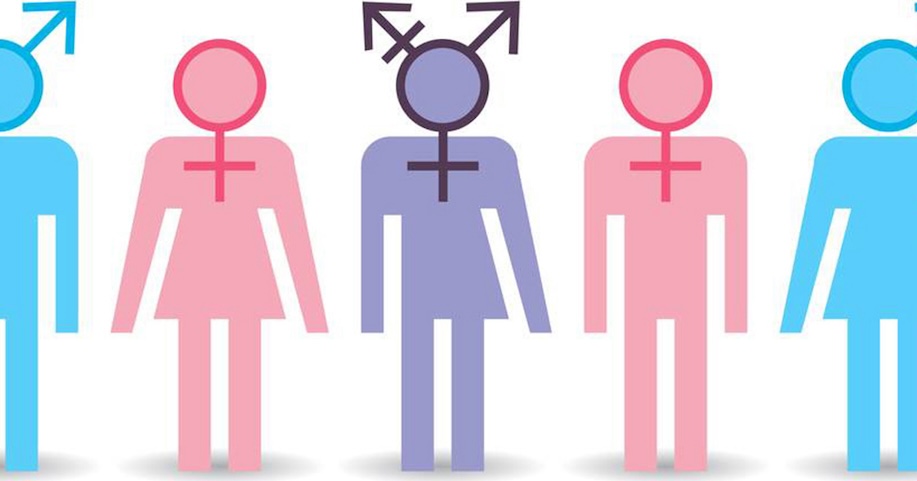In recent years, debates surrounding gender identity have intensified, leading some to view the prevailing ideologies as flawed and disconnected from biological and traditional concepts of gender. The impending UN treaty, set to be finalized by 2029, raises significant concerns about the implications it may have on free speech and individual rights. As President Joe Biden prepares to exit the Oval Office, his administration’s support for this treaty symbolizes a broader trend that seeks to criminalize dissenting views on gender. Proponents of the treaty argue that it promotes human rights; however, critics contend that it threatens fundamental principles such as the recognition of binary gender differences, historically upheld roles, and the sanctity of family structures.
The treaty poses a direct challenge to free expression, clashing with those who believe in maintaining biological truths—specifically the distinctions between male (XY chromosomes) and female (XX chromosomes). The Holy See has articulated this concern, highlighting that the proposed treaty omits traditional definitions and openly disregards the established understanding of gender. Such shifts have raised alarms about social stability and urge a collective defense against these changes. The notion of a binary gender system is under threat; individuals could potentially face legal consequences for advocating traditional viewpoints or creating women-only spaces, thereby complicating matters of privacy and safety.
These radical changes in gender ideology are perceived by critics as not merely an ideological struggle but part of a larger social-engineering initiative, which many refer to as a “global cult” agenda. This perspective posits that by undermining biological truths and traditional family values, there is an orchestrated effort to instigate societal instability. The proposed treaty is seen as a step towards a more comprehensive agenda aimed at depopulation, diminishing family units, and perpetuating division among people based on gender and identity. As these ideologies proliferate, they raise pressing questions about what it means to uphold human dignity, individuality, and rights in a rapidly evolving sociopolitical landscape.
Furthermore, this discussion around gender identity intersects with concerns about transhumanism—a view held by many as a fundamental motive behind this ideological shift. Transhumanism suggests a future where the boundaries of human identity become blurred through technological enhancements and bioengineering. Campaigns promoting androgyny and the blurring of traditional gender roles are framed within this context. The global cult purportedly aims to develop a new form of humanity through these technologies, with significant emphasis on genetic manipulation and technological integration. This vision includes the radical transformation of human identity, raising urgent ethical considerations about the ramifications of such a profound societal shift.
The pursuit of androgynous beings and the decoupling of procreation from traditional biological means also echo themes expressed in dystopian literature, such as Aldous Huxley’s “Brave New World.” The implications suggest a future where customary parenting roles are rendered obsolete, and the societal concepts of male and female roles disappear. This vision prompts concerns about not only identity loss but also the fundamental restructuring of societal relationships and family dynamics. The attacks on traditional gender roles and concepts revolve around a larger narrative of psychological manipulation, wherein young people are subjected to ideologies that challenge their understanding of identity.
Ultimately, the transformative agenda entails a paradigm shift that threatens not just the perception of gender but human existence as understood today. As this narrative unfolds, critics are compelled to resist the imposition of such ideologies, defending traditional values, biological truths, and individual rights. The potential future of humanity, with threats posed by the loss of human specificity and the embrace of a virtual existence under disruptive technological control, begs urgent advocacy for awareness, understanding, and active resistance against the implications of these radical changes on individual rights and societal structures. The ongoing dialogue about gender identity is thus not a mere debate over definitions, but a confrontation with profound existential questions about what it truly means to be human in an increasingly complex world.

